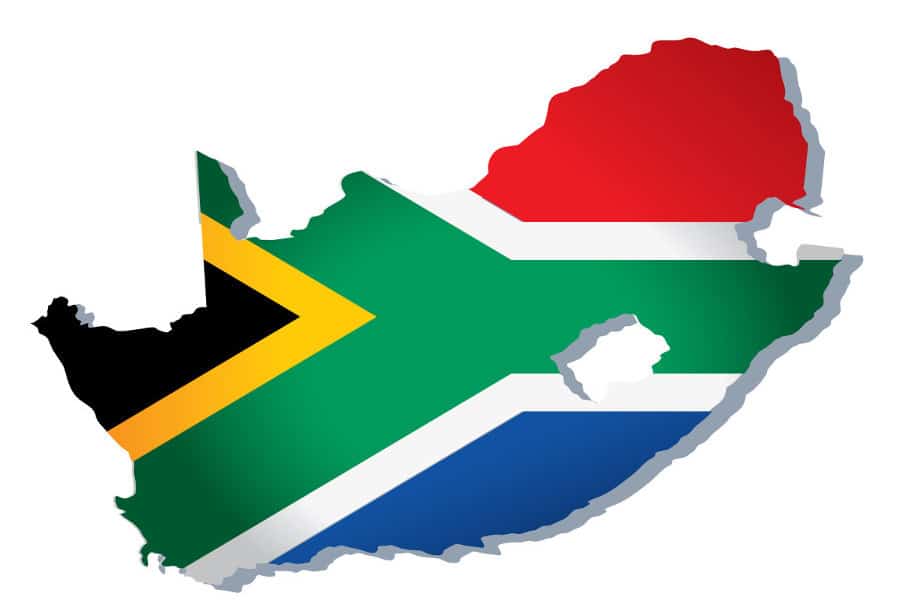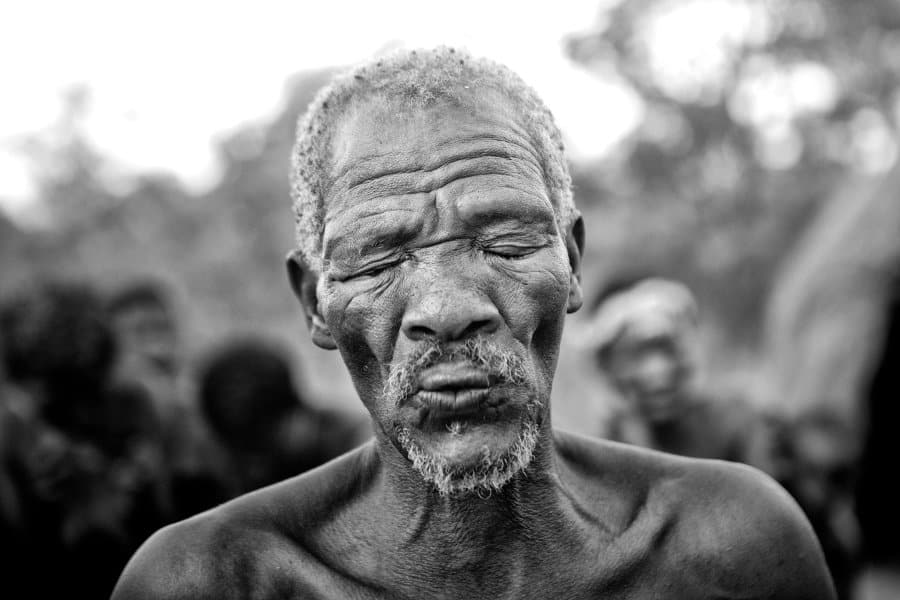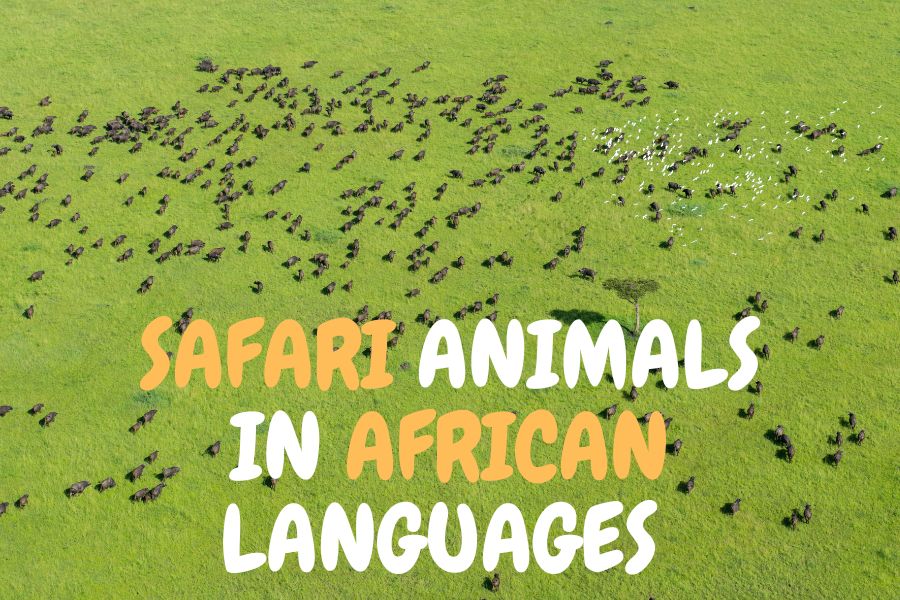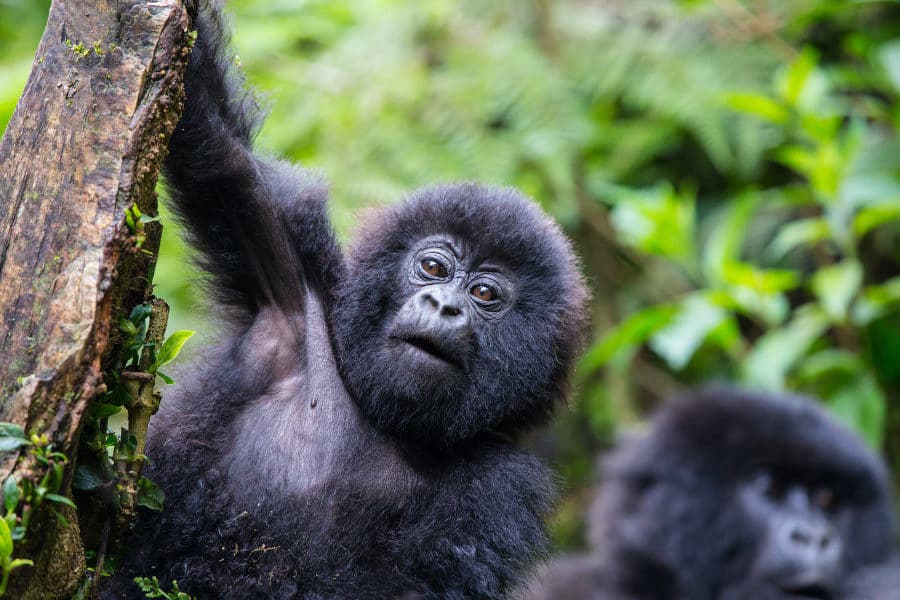Food & Drink-Related Words
Babbelas (bub-buh-luss): A hangover.
Biltong: meat that is salted, cut into strips and dried in the sun. Typical biltong has a “beefy” flavour, but you can also get ostrich biltong, antilope biltong or even buffalo biltong.
Boerewors (boor-uh-vors): Traditional farmer’s sausage.
Braai: “barbecue” in Afrikaans. South Africans who cannot cook their braai are not real South Africans! 🙂
Marmite: Dark-coloured spread made of vegetable extract, used on bread or toast just like jam.
Mealie (mih-lih): “maize” or “corn”. “Mealie meal” is a maize meal, the staple diet of South Africa, mainly cooked into pap (porridge).
Naartjie (nar-chee): tangerine.
Sarmie: sandwich.
General Words, Phrases and Expressions Used in South Africa
Ag shame (pronounced agh): expression of compassion or admiration.
Bakkie: a pick-up truck.
Bliksem: to “beat up”, “hit” or “punch”.
Boet (pronounced like book, but with a “t”): term of affection, similar to “bru” (see below).
Bru (brew): short for “brother”. As in “pal” or “friend”. “How are you doing, bru”?
China: has nothing to do with the country! 🙂 To a South African, china means “friend”, “mate” or “pal”.
Eina (ay-nah): ouch! Can also be used for “sore”.
Eish! (aysh): used to express surprise, wonder or exasperation.
Fundi (foon-dee): an “expert” in a certain domain.
Fynbos (fayn-baws): “Fine bush” in Afrikaans. Type of vegetation uniquely found around the Cape area.
Gogga, or Goggo (gho-gha, gho-gho): insect, bug.
Gogo: “grandmother” or “elderly woman”, in Xhosa or Zulu.
Graze: eat.
Howzit: A traditional South African greeting meaning “How are you?”, “How are things?”, or simply “Hello”.
Indaba (in-daa-bah): a “conference”, “expo” or “place of gathering”. In isiZulu it means “a matter for discussion”.
Is it (izit): an expression used in a discussion to signify “Is that so?”.
Jol (jawl): to “have fun”, “party”, “disco”, or just a “thing”.
Just now: as in “in the near future”. Not immediately (that would be “now-now”), but later on.
Lekker (lekk-irr, with a rolling “r”): “tasty” (for food), “good”, “nice”, or “awesome”.
Nê (neh): “Really?” or “Is that so?”. Sarcastic connotation.
Oke: “man”, similar to “guy” or “bloke”. “Oke’s my china”: this guy’s my friend! Sounds like Chinese, I do agree! 🙂 😉
Robot: traffic light.
Rondavel: Circular hut or house. Often used as accommodation for guests or tourists.
Rooibos: Afrikaans for “red bush”, and now world-famous tea with many health benefits.
Sangoma: “Traditional healer” or “sorcerer” using traditional medicine.
Sharp: “ok”, “good”, “goodbye”. Sometimes used repetitively: “sharp sharp”!
Shebeen: a place where you can by liquor, or a tavern usually set in a township (shanty town).
Shongololo: a large black millipede.
Smokes: cigarettes.
Takkies: running shoes or sneakers.
Veld: “open grassland”, that can also refer to the “countryside”. Dutch word for “field”.
Yebo: yes (Zulu).
World Cup 2010 Specials
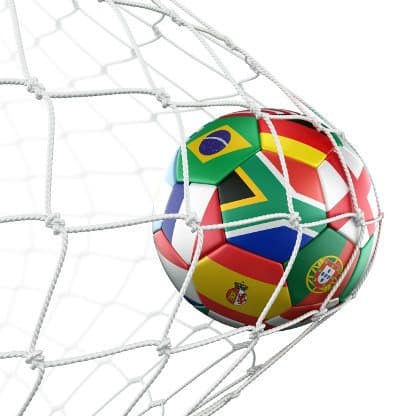
Bafana: “boys” in Nguni. South Africa’s national football team is known as the “Bafana Bafana”.
eShibobo: nutmeg. When a football player sticks the ball through his opponent’s legs.
iDiski: game of “soccer” in South African township slang.
Jabulani (Adidas): “Official Match Ball” for the FIFA World Cup 2010. Means “rejoice” in Zulu.
Laduma: goal (in Zulu)!
Makarapa: Modified, decorated miners’ helmet unique to South African soccer fans.
Tsamaya: extraordinary football skill, most commonly known as a “feint”.
Vuvuzela (voo-voo-zeh-lah): a colourful plastic trumpet with the sound similar to a foghorn, that virtually every “soccer” aficionado brings to celebrate and “make noise” (meaning of the word in isiZulu) during matches.
Zakumi: South Africa’s Official World Cup 2010 Mascot! It’s origin comes from two words: “za” (South Africa’s country code), and “kumi” (number ten in many African languages).
